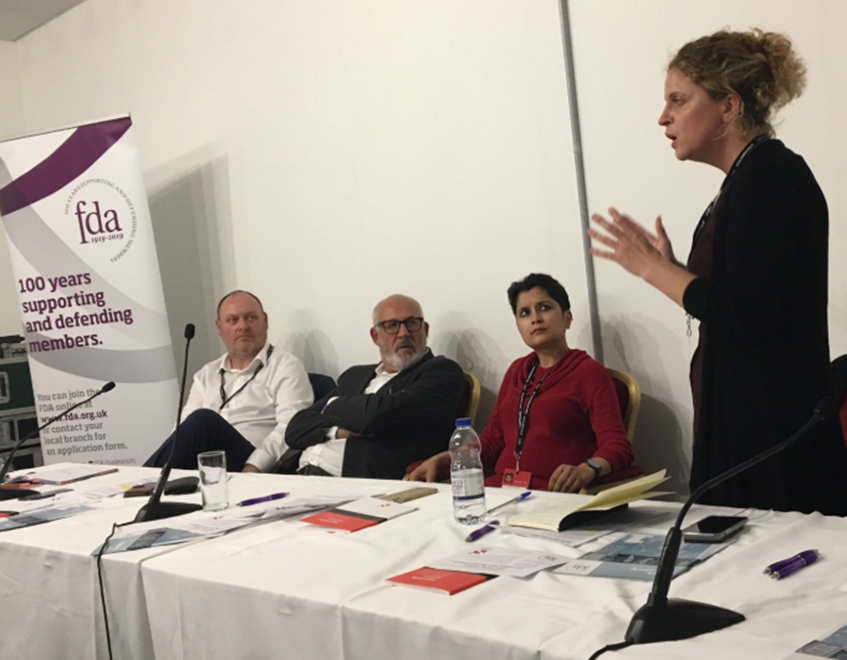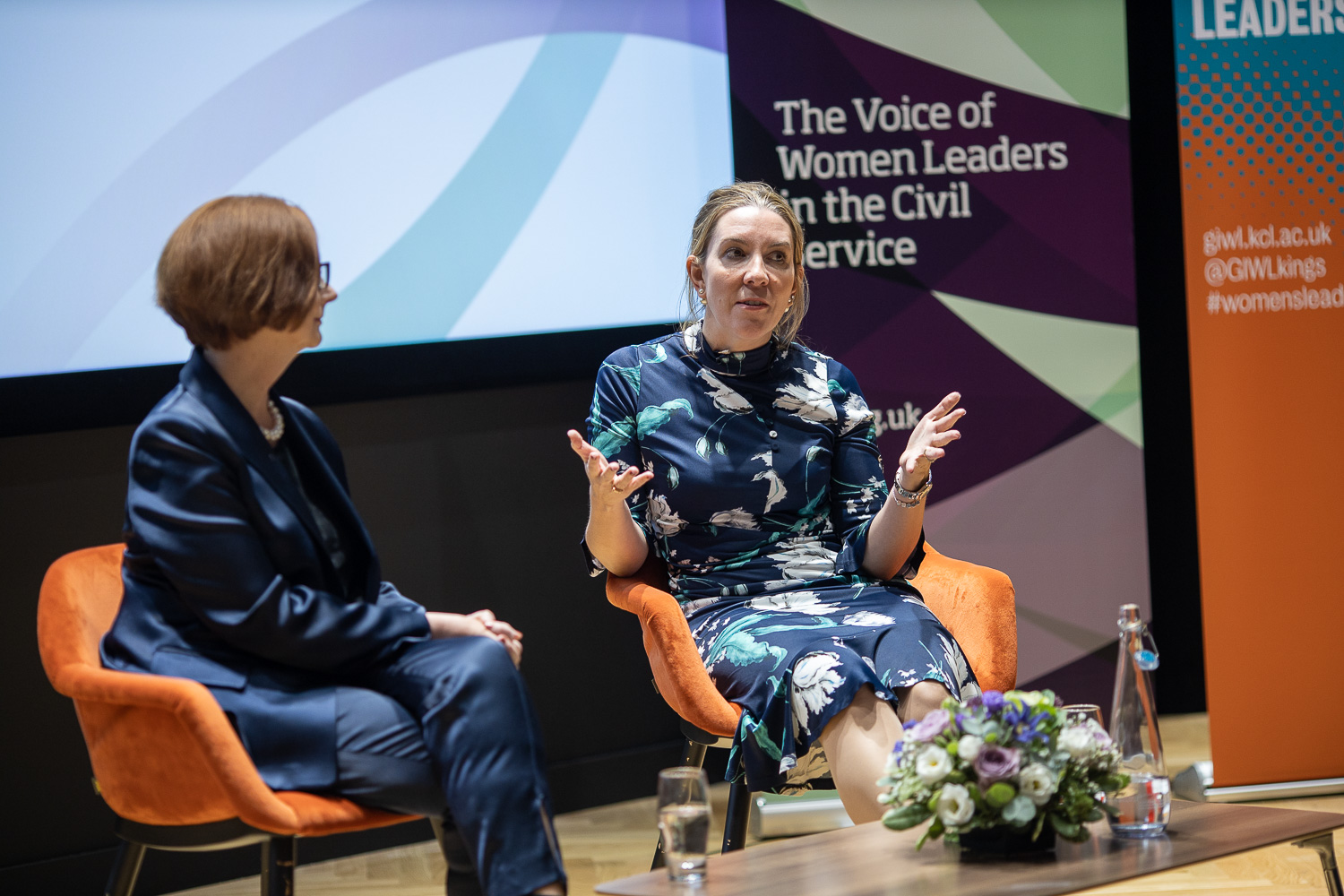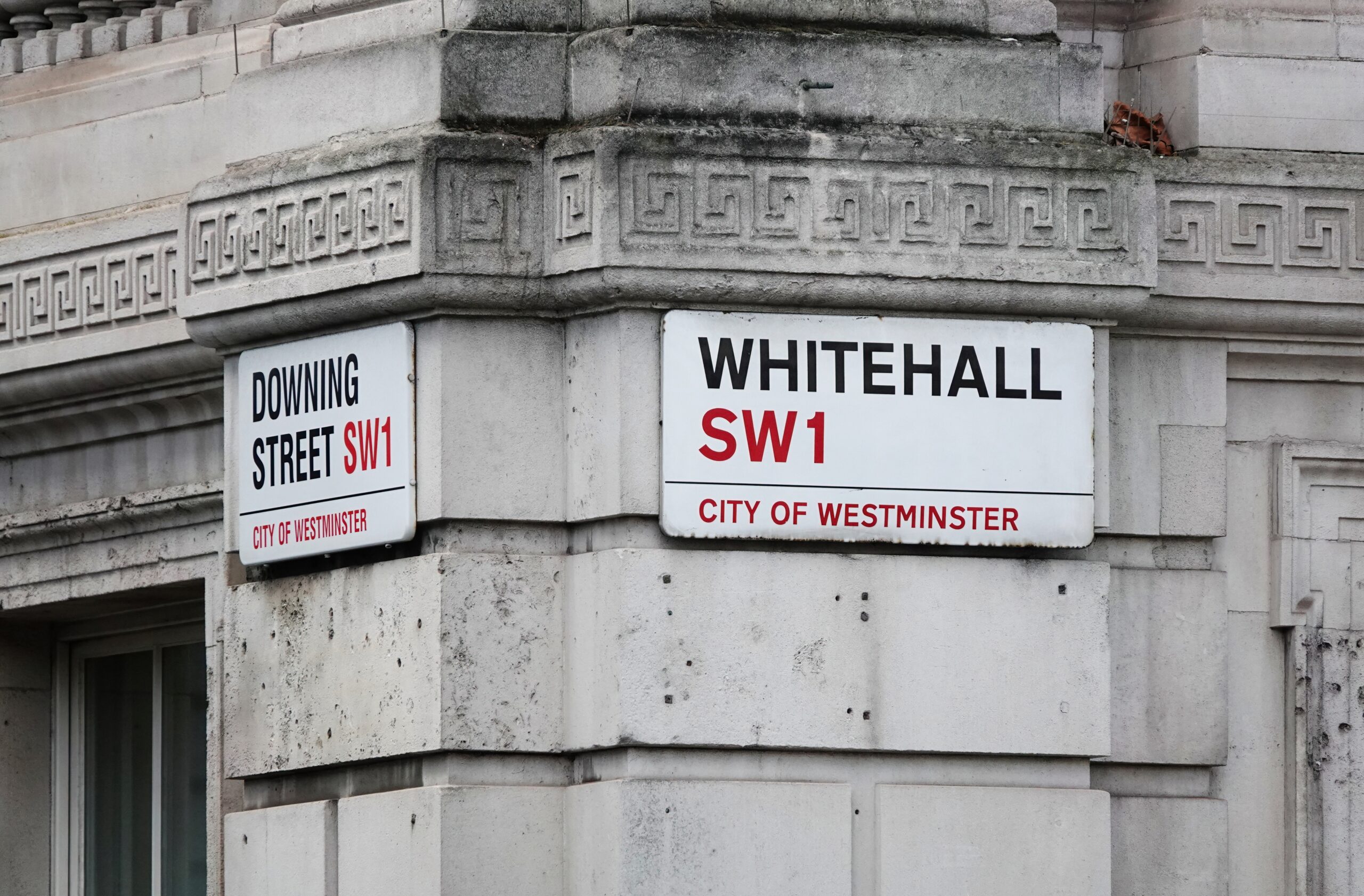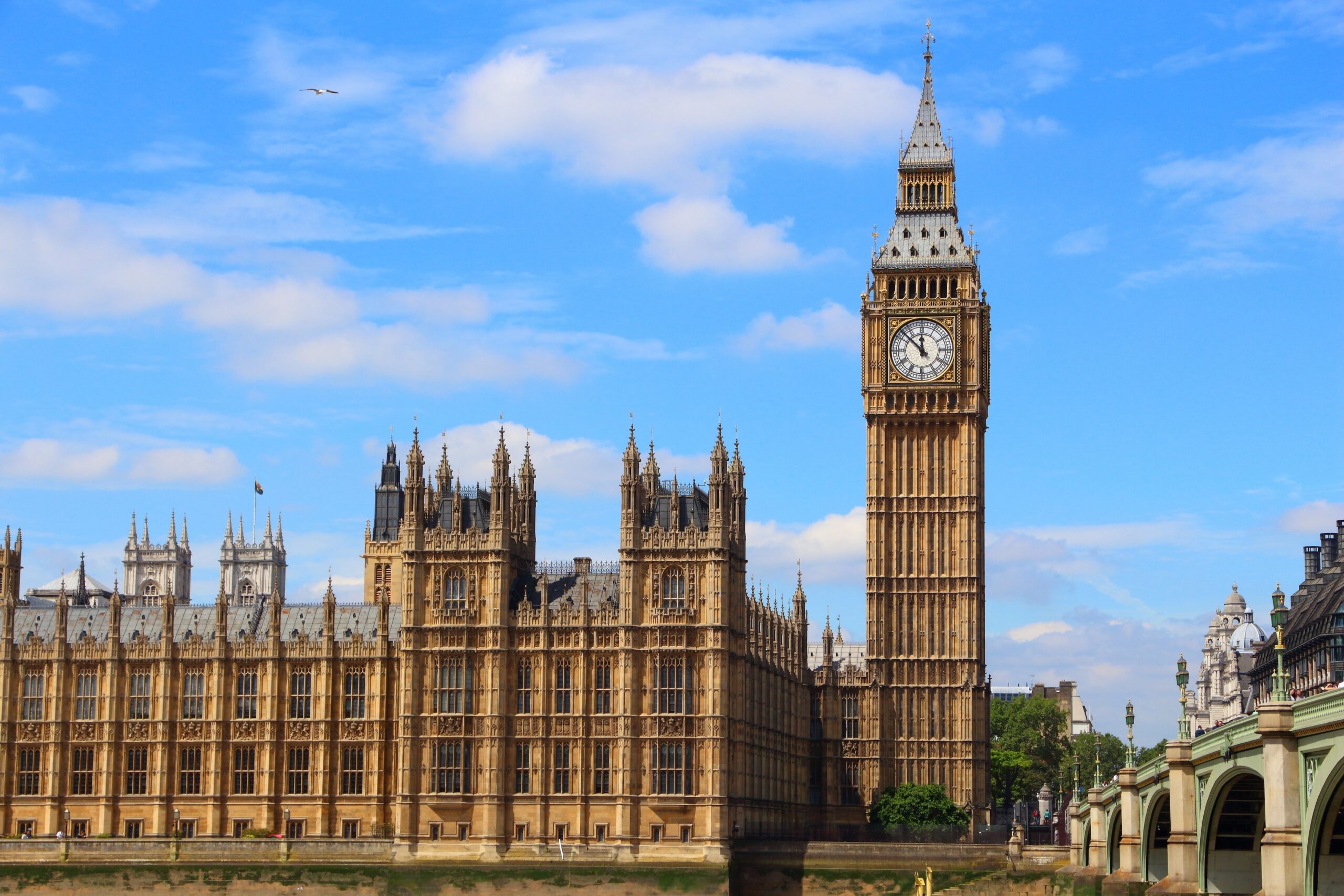FDA to Labour: It’s not enough to be silent. The civil service needs defending

Sunday 22 September saw FDA General Secretary Dave Penman once again extol the importance of civil service impartiality, this time at the Labour party conference.
Penman was joined by Shadow Cabinet Minister John Trickett, Institute for Government Senior Fellow Catherine Haddon and Smith Institute Deputy Director Steve Barwick, at a standing-room only fringe event chaired by Shadow Attorney General, Shami Chakrabarti.
Barwick spoke to the room about the FDA-commissioned Smith Institute report ‘Impartiality Matters’, which looks at the importance of civil service impartiality in a “post truth world”. This value, he explained “is simple in principle and complex in practice,” yet also “a cornerstone of modern British Government that we all agree with.”
He was followed by Trickett, who recognised several of the challenges the civil servants faced, and looked at the “confrontational way” certain politicians – starting with former Minister for the Cabinet Office Francis Maude – tried to “transform” the service.
Speaking about a future Labour victory, the Shadow Cabinet Minister noted that the civil service needs to be the “allies of an elected government” and “able to challenge it”, while also understanding what the “imperatives” of such incoming government would be. Promising that a Labour government would be accompanied with a “generational shift” and be “transformative in character”, Trickett said that “the way we run our country will change” and the way “the civil service operates would change”. Crucially, however, the party “want to do that with the grain, not against the grain of the civil service”.
Chakrabarti, a former member of the FDA’s Executive Committee, took the opportunity to share that the “most formative years of [her] young career” were spent as a government lawyer, stating that she was “a lawyer first and a politician second, and a public servant always”.
“I’m not a think tank,” she continued, “I’m not for or against – I’m of this civil service. And I can tell you that we will transform this country for the people with the public servants, and in the best traditions of the public service, and we will not trash those who give independent advice.”
Penman spoke about the character of the civil service and civil servants. “Many of the members of the FDA at the most senior levels have had plenty of choices in their career,” he explained, “and they have chosen public service – at great cost to themselves, because most of them would earn multiples of what they earn” outside of it.
“But they chose public service,” the General Secretary carried on, “and they share many of the values of the people in this room and of the Labour movement, which is why so many of them – like Shami – become trade union members and trade union activists.” Penman then explained how, at the FDA’s London centenary event, four former Cabinet Ministers ended up competing with each other over who had the longest trade union membership.
Over “probably the last decade”, Penman said, the civil service has faced attacks on its impartiality, but Brexit brought this to a head, as “accusations started to flow about a remainer civil service”. The civil service, the General Secretary explained, “simply cannot defend itself, because it serves the government of the day”, while said government was “unwilling to defend the civil service”. On top of that, there was a “Prime Minister who was unwilling to confront those within her own party who were attacking it, and so we end up in a position where public servants are facing death threats, where we have people like Olly Robbins run out of the civil service,” and where civil servants are “absolutely trashed in the press.”
“But those attacks have not only come from the right,” Penman added, “they’ve also come from the left.” He explained there are those who say the civil service is an “establishment elite, that’s going to get in the way of a radical government.”
“So my plea here,” he concluded, “is that if you believe passionately as I do in an impartial civil service, then that means it needs defending when attacked. It’s not good enough to simply be silent, you have a duty to defend the impartiality and integrity of the civil service.”
Following Penman’s speech, Chakrabarti said if “someone on our side is behaving badly, and shooting the messenger”, whether Labour was in opposition or government, “you come to John Trickett, or you come to me, and we’ll deal with it.”
Haddon announced that all new governments since 1979 have “come in with a bit of a wary approach to the civil service”, worried if it “can deliver what we want to do”, as all politicians have seen is what they’re doing for “the other side”. The service achieves its impartiality, she explained, “by serving the government of the day and yet making sure that their advice is evidence-based and based on the facts”.
The civil service, she reassured the room, is used to turning “180 degrees when a change of government happens,” as has been demonstrated by the way these public servants took to the challenge of Brexit. She mused, however, on the need to address potential threats to civil service impartiality – specifically through the potential for government to ignore constitutional rules that are based in convention, rather than specific laws. For example, she elaborated, the restrictions that happen during a general election campaign. “This is really important for maintaining civil service impartiality,” she explained, “but also for making sure that government resources aren’t used in the wrong way.”
“We need to talk more about how some of those conventions that have just been respected by governments over the years – do we need to strengthen them?” Haddon asked. “Do we need to ensure that impartiality is actually more firmly placed on statute books, and make sure that the civil service is protected for generations to come?”
Interested in the debates from the other party conferences? Read the reports from the Liberal Democrat, Conservative and SNP fringe events
Related News
-

“An outstanding leader with a proven track record” – FDA responds to Dame Antonia Romeo appointment
The FDA has welcomed the appointment of former Home Office Permanent Secretary Dame Antonia Romeo as Cabinet Secretary, following the departure of Sir Chris Wormald last week.
-

“New low” for government’s relationship with civil service – FDA responds following departure of Cabinet Secretary Chris Wormald
The FDA has responded to the announcement that Sir Chris Wormald has departed the role of Cabinet Secretary, with FDA General Secretary Dave Penman describing it as a “new low” for the government’s relationship with the civil service.
-

“Farcical” to wait until 2030 to make decision on restoration and renewal of parliament, says FDA
The FDA has responded to the latest publication of UK Parliament’s Restoration and Renewal Board, ‘Delivering restoration and renewal of the Palace of Westminster: the costed proposals.’